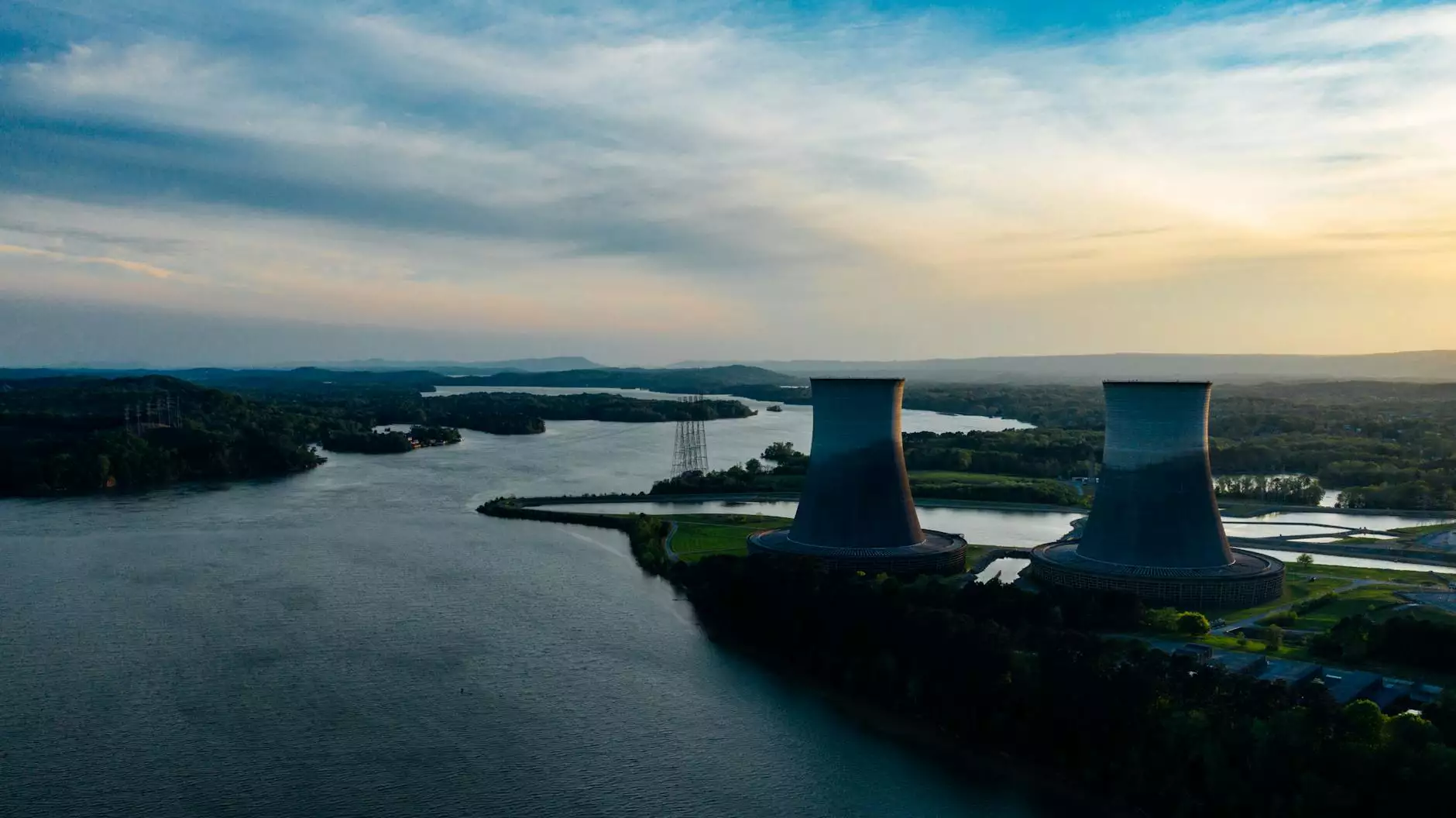The Downside of Nuclear Power: Unveiling the Cons for Nuclear Power

In the world of energy production, nuclear power stands as a controversial topic. While it has its advantages, it is crucial to investigate the potential drawbacks that come with nuclear energy. Let's delve deep into the cons for nuclear power to gain a comprehensive understanding.
Environmental Impact
One of the primary concerns associated with nuclear power is its environmental impact. Although nuclear power plants do not emit greenhouse gases during operation, the mining and processing of uranium for fuel can have detrimental environmental effects. Radioactive waste disposal also poses a significant challenge, with long-term implications for ecosystems and public health.
Safety Risks
The safety risks inherent in nuclear power cannot be understated. Accidents such as the Chernobyl and Fukushima disasters have highlighted the potential catastrophic consequences of nuclear power plant failures. The threat of radiation leaks and meltdowns poses a serious risk to both plant workers and nearby communities.
Cost Considerations
Building and maintaining nuclear power plants come with substantial costs. The initial investment required for constructing a nuclear power plant is exceptionally high, not to mention the expenses associated with decommissioning and managing radioactive waste. These financial implications can burden economies and taxpayers alike.
Resource Depletion
Another disadvantage of nuclear power is its reliance on uranium as a fuel source. Uranium is a finite resource, leading to concerns over potential shortages in the future. The extraction of uranium also raises issues related to energy consumption and environmental degradation, further complicating the sustainability of nuclear power.
Public Perception
Public perception of nuclear power remains divided, with many individuals expressing apprehension and distrust towards this form of energy production. The legacy of past nuclear power accidents and the association with nuclear weapons have contributed to a stigma surrounding nuclear power. Building public trust and acceptance poses a significant challenge for proponents of nuclear power.
Geopolitical Concerns
The geopolitical implications of nuclear power cannot be ignored. The proliferation of nuclear power technology raises concerns over nuclear arms races and international conflicts. The potential for nuclear accidents to escalate into diplomatic crises adds another layer of complexity to the nuclear power debate.
Conclusion
While nuclear power offers certain benefits in terms of energy efficiency and low emissions, the cons for nuclear power cannot be overlooked. From environmental risks and safety concerns to economic challenges and geopolitical issues, nuclear power presents a complex set of drawbacks that must be carefully evaluated. As we navigate the future of energy production, striking a balance between the pros and cons of nuclear power will be essential in shaping a sustainable and secure energy landscape.









